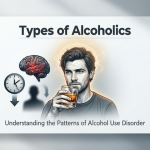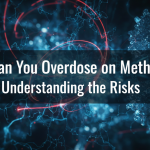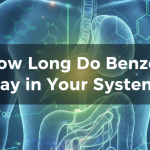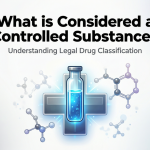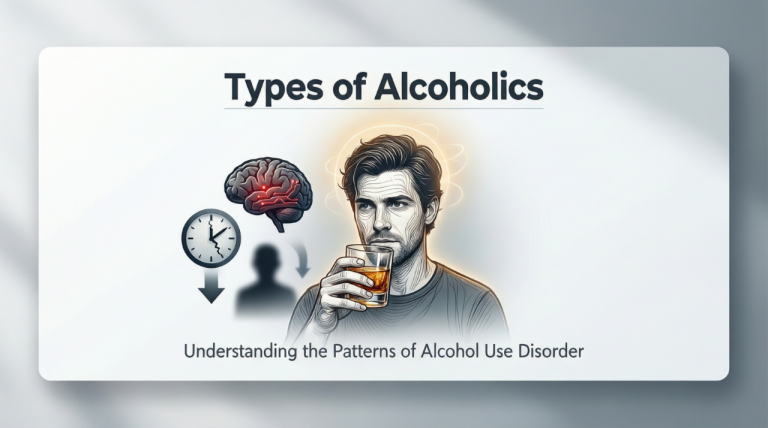When addiction and dependence work as two different entities, substance use disorders have certain characteristics. Whereas substance use is characterized by the helpless condition of individuals, dependency leads to the appearance of withdrawal symptoms in substance abuse.
Medical practitioners, therefore, have the prerogative to determine which of these disorder differentiations entitle patients to residential or special outpatient services in cases of addiction and alcoholism. When patients understand medical terminology, they will be in a position to choose the right help services and deal with discrimination while seeking assistance.
What is Addiction?
Addiction represents a long-term debilitating medical disorder that results in uncontrollable substance utilization and alcohol abuse or persistent damaging actions despite negative ramifications. The brain reward system experiences dysfunction which produces intense cravings while simultaneously demolishing personal control, leading to persistent drug usage even though it causes severe damage to physical health together with mental well-being as well as relationship breakdowns and failure in handling everyday duties.
Signs of Addiction:
- Strong cravings or urges
- Loss of control over use or behavior
- Continued use despite negative consequences
- Withdrawal symptoms when stopping
- Neglecting responsibilities or relationships
Behavioral therapy and counseling with support group participation represent the standard approach for treating addiction.
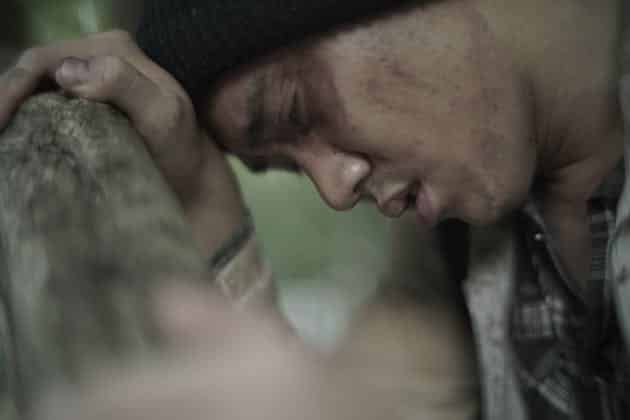
What is Dependence?
Dependence refers to the body’s physical adaptation to a substance. For instance, the process of forming a withdrawal is classified as a chemical dependency, which puts the human body at a stage where there is a strong need due to the constant use of drugs or alcohol, leading to immense radical changes in the normal physiological processes of the body.
The person’s body becomes accustomed to having the substance after using it, which causes withdrawal effects or body disease when the person stops using the substance and needs some time to adjust again. The physical adaptation process that defines dependence differs from addiction because dependence lacks compulsive patterns and psychological yearning.
Signs of Dependence:
Tolerance: The user requires progressively larger substance quantities to maintain the same effect.
- Withdrawal Symptoms: When decreasing or stopping the substance, physical and mental symptoms, including nausea, sweating, and anxiety, appear.
- The amount of a substance one becomes comfortable regularly consuming every day to avoid symptoms occurring upon discontinuation.
- Thus, drugs being taken need to be prescribed by doctors. Prescription has not been recognized to cause any dependency other than drug addiction. For example, chronic pain consumers can obtain their physical necessities without holding improper attitudes towards the utilization of substance drugs
Addiction consists of three ingredients that set it aside from dependence, yet there is addiction: desire and loss of control, followed by compulsive behavior in an attempt to look for the drug.

Nature of the Condition
- Another ICCD is addiction, which is a chronic brain disorder that is marked by excessive use of substances and irresistible preoccupation with using the substance.
- At this stage of dependence, the body of a person gets physically alert to the fact that there is no substance in it.
Primary Impact
- The reason for that is that over-exaggeration is a change of the tender impulse that runs drive and reaction in the brain into less than what it had previously been.
- In dependence, the substance is trying to make sure that if the substance is removed, the body has had a chance to put measures in place that it can use to protect itself from the substance.
Behavioral Symptoms
- Next to the health care therapies and family or being relations and commitments, and the compulsions that appear over it have still far more noteworthy related behaviors.
- It may involve entering into physical capacity and decreasing compulsive activities and mental warnings identified with reliance.
Treatment Focus
- Mental illnesses such as substance dependence require professional therapists to use behavioral therapy techniques in a group setting.
- Since this is so, medical practitioners must administer medications to patients who are under the detoxification treatment regime to be able to control withdrawal symptoms.
Co-Occurrence
- Addiction, of course, is normally thought of as an addiction, which is certainly, normally addition, referring to physical dependency but is not always addiction in and of itself.
- The treatment involves taking substances to cure a certain medical condition that cannot cause addiction.
Treatment Options for Addiction and Dependence
Thus, this is the reason why healthcare providers largely depend on the clear distinction between addiction and dependence while giving out medical prescriptions. Key approaches include:
- Inpatient Treatment
- Outpatient Addiction Treatment
- Alcohol Addiction Treatment
- Medication-Assisted Treatment (MAT)
- Behavioral Therapies
- Holistic Approaches

Find Addiction Treatment in Orlando
Orlando Treatment Solutions implements individualized programs to handle addiction while focusing on dependency levels in patients. Outpatient alcohol treatment at our facility delivers multiple evidence-based therapies and thorough rehabilitation through a calming support setting.
The first step can begin now by reaching our team at (321) 415-3213 today.







